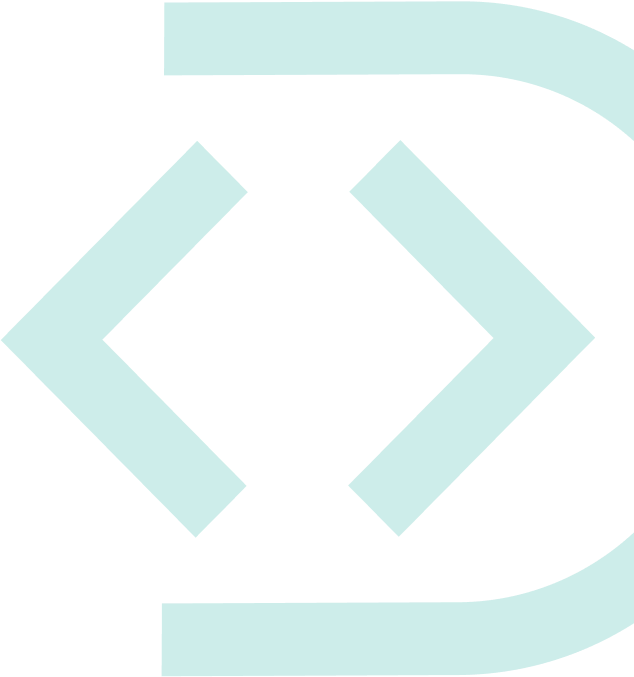
Artificial intelligence (AI) has taken over enterprises of all sizes, far and wide. A local bakery could have struggled a year ago. However, with the widespread adoption of small business AI solutions, it could have leveraged analytics to home in on customer preferences and personal ads, tripling revenue today.
Although most people hear of AI in larger corporations — particularly followed by news of job replacements with emerging technologies — the tools have become increasingly accessible for small businesses. It is more than automation, though. Companies can utilize these developments for exponential growth.
Key Areas Where AI Drives Exponential Growth for Small Businesses
Small businesses already see excellent growth potential by adopting AI tools and technologies. AI has helped small and midsized organizations progress tremendously in these four key areas.
1. Enhanced Customer Experiences
Companies are embracing AI to enhance customer experience and support. For instance, chatbots are available 24 hours a day to assist users with a wide range of inquiries and frequently asked questions, while customer service agents handle more complex issues.
Predictive analytics also effectively anticipate customer needs, creating tailored solutions, suggestions and offers based on their preferences. This delivers a more personalized experience and bolsters customer relationship management.
2. Streamlined Workflows

AI tools help businesses automate mundane tasks, enabling teams to focus on more strategic and creative projects. Automation manages data entry, reporting, and some customer service issues, while AI-optimized project management systems improve resource allocation, predict hurdles, and increase workflow efficiency.
Small businesses might use ChatGPT to help them find answers to something or speed up processes. The latest systems can also monitor real-time progress and improve team communication channels.
3. Data-Driven Decisions
Startups and other smaller companies are maximizing their AI capabilities with data-driven decision-making. Machine learning algorithms can store and analyze large quantities of data, delivering insights beyond human comprehension.
Marketers, for instance, might use predictive analytics to forecast market trends and consumer behaviors, enabling them to adjust their strategies to stay ahead of their competitors. Retailers may also use predictive tools to optimize inventory, minimize overhead and improve supply chain efficiency.
4. New Revenue Streams
Emerging AI tools provide organizations with new revenue streams to achieve growth. Design businesses could use AI generation to create unique logos, illustrations and templates, helping them save money on high-quality visuals.
Some companies leverage personalized product design so customers can co-create products using AI tools. This lets them customize features to their preferences, especially in the clothing, home decor and technology industries.
Small Businesses Achieving Exponential Growth with AI

While almost all industries have dabbled with AI in some fashion, small businesses are discovering the road to exponential growth through its implementation.
For instance, San Diego-based Jackie’s Jams uses generative AI to assist with backend office tasks and social media marketing. It saves owner Risa Baron one hour of her daily responsibilities and boosts productivity.
In San Francisco, Hrag Kalebjan uses AI-powered software and sensors to spray water on coffee beans to ensure their freshness at his family-owned cafe, Henry’s House of Coffee.
According to Axios reporting, AI solutions improve employee performance and job satisfaction. Nearly 62% of business owners who have integrated AI say it has boosted workplace productivity, and 63% have noticed a happier workforce.
Overcoming the Challenges of AI Adoption
AI adoption comes with numerous challenges, including high initial costs, technical complexities and concerns regarding job displacement. There are also no regulations surrounding its use yet, which raises the risk of data exposure and exploitation, unethical applications and unfair outcomes.
Investing in new infrastructure and AI training could pose a significant financial barrier for small businesses. Upskilling an entire workforce to employ specialized competencies is costly, and resources may be scarce.
Employees might also resist AI adoption because they fear their company will replace them with new tools, reducing team morale and motivation. Business owners must address these real concerns by carefully planning AI implementation, providing comprehensive training and developing ethical guidelines for responsible use.
The Future of Small Business AI Solutions

Experts estimate a 36.2% compound annual growth rate for AI solutions by 2027, rising to $407 billion. This is primarily driven by its adoption across manufacturing, health care, retail and finance.
Despite threats of AI replacing workers, robotics will support 97 million new jobs, with 66% of employers anticipating a return on investment in upskilling and reskilling their workforce within a year. AI’s impact on small businesses will be particularly transformative, as cutting-edge tools will enable more sophisticated operations and marketing, alleviate common hiring problems and expand virtual business capabilities.
Although fewer job opportunities and more layoffs will plague workers immediately, many will learn to adapt and embrace these emerging small business AI solutions, allowing them to integrate seamlessly into everyday operations.
More Questions About AI Solutions for Small Businesses
What Are Some AI Tools that Small Businesses Can Use Today?
Small businesses have several AI tools at their disposal. Marketing firms might turn to automation solutions for content creation, while chatbots can enhance customer experiences and service.
Sales teams can also leverage these technologies to identify leads and personalize outreach. Streamlining ordinary tasks like bookkeeping and reviewing job applications is another way for small businesses to optimize time management, make informed decisions and reduce costs.
What Are Key Considerations When Selecting AI Solutions?
Business owners should identify their company’s problems to determine what AI solutions can best help them. Setting a budget will also guide them to cost-effective but worthwhile tools.
Selecting AI technologies with simple user interfaces and minimal technical experience required will ensure everyone can utilize them efficiently without extensive training. Compatibility with existing systems is another crucial consideration for straightforward integration.
Naturally, data privacy is among the most important factors when choosing AI solutions for business applications. Organizations should prioritize technologies with robust data protection built into them to safeguard against cybercriminals.
What Ethical Questions Should Small Businesses Keep in Mind When Integrating AI?
Ethical questions regarding bias, transparency and accountability surround AI amid widespread integration. Although businesses benefit from these new technologies, feeding the AI skewed data could perpetuate biases and lead to unfair outcomes.
Likewise, understanding how AI comes to conclusions builds trust and makes identifying errors easier. Protecting employees’ privacy and safeguarding sensitive company data is equally paramount when dealing with these new solutions.
Embracing the AI Revolution in Small Businesses
Small business AI solutions are changing how organizations conduct themselves, leading to exceptional growth and viability. From automating tasks to enhancing creativity, AI tools can boost efficiency, profits and innovation.




Leave a Comment